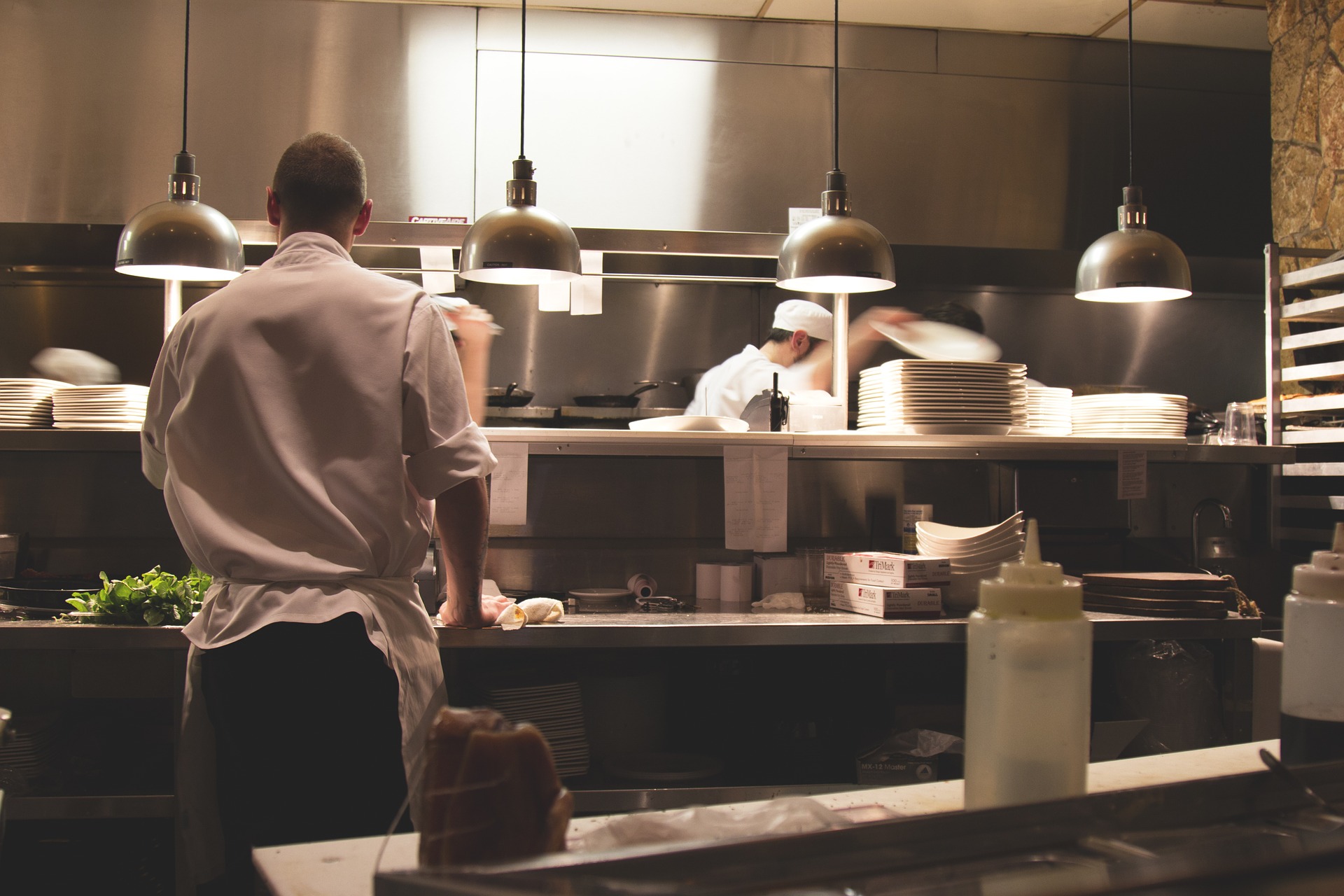508-753-1400
View Blog Posts by Category:
View Blog Posts Tagged with:
10 Things to Know Before Buying a Restaurant - Part 2

If a love of food were enough to succeed in the restaurant industry, the majority of people would quit their day jobs and open burger joints. Instead, business acumen, knowledge of the industry, and strong customer service skills are just a few of the necessary components for creating a prosperous restaurant venture. An entrepreneur with hopes of opening or owning a restaurant must put great thought into the variables involved in an eatery endeavor. In Part 1 of this series, we reviewed some of the questions an aspiring restaurateur must consider before diving in. The following five questions join the list of vital information one needs to collect before taking the leap.
1. How do the equipment and building fare during inspection?
The seller should have a list of all restaurant equipment with its original costs, age and known issues. A building inspection will bring to light any repairs that must be made to the wiring, plumbing, or foundation, or any pest control problems there may be. Buyers should be wary and have an expert investigate thoroughly to determine if broken equipment or building problems may be the true reason that the owner is selling the business. If repairs or replacements are needed, the buyer should account for them in the initial expense projections or negotiate the purchase price because of the cost of renovation.
2. Will the existing owner sign a non-compete clause?
As a part of the sales agreement, the buyer should insist that the outgoing owner not open a similar restaurant in the area for a given period of time. The geography and time restrictions will be set at limits that make the buyer comfortable, but a parameter of 20 miles is considered typical in this type of transaction.
3. How experienced are the existing staff and can they be retained?
If the buyer is not experienced in the restaurant industry, it is crucial to understand the existing owner’s involvement in the operation of the business. In the case of an owner who is more host than operator, a lack of experience does not present a great a challenge as long as the manager can be retained or an equally qualified manager may be hired. If, however, the owner oversaw every single aspect of the business, living and breathing it each day, an inexperienced entrepreneur will struggle to cope with the many responsibilities he or she will face. A prospective buyer who is unsure whether he or she is prepared for restaurant ownership may craft the buy-sell agreement to contractually require the owner to provide training.
4. Does the chef or owner maintain a food manual?
In the unfortunate event that the chef may quit, a food manual will contain recipes, serving sizes and food prices that will allow a new owner to maintain a consistent menu.
5. Will inventory be maintained until the sale?
From food to linens, furniture to fixtures, the owner must provide a complete list of all inventory and commit in writing to maintaining the inventory until the sale is complete.
Owning a restaurant can be deeply rewarding or terribly overwhelming; in truth, it is often both. A restaurant owner’s success in contingent upon an extensive amount of pre-purchase preparation. If you need help determining whether a restaurant purchase is appropriate for you, please contact George & Company, located in Worcester, MA. We have honed our business skills over decades of appraising, selling and financing small companies, including a significant number of restaurants.
